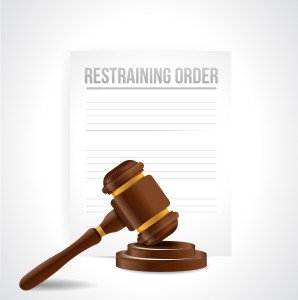
According to authorities, Monell and O’Shea-Watson were married and had children together but they lived separately. A friend of O’Shea-Watson spoke with detectives and said that O’Shea-Watson had suffered abuse at the hands of Monell and that the domestic violence victim was planning to move out of New Jersey in order to get away from him. The friend described O’Shea-Watson’s life as “a living hell” and explained that O’Shea-Watson even had a restraining order against Monell.
This tragic case demonstrates a manifestation of the worst possible outcome of being in a domestic violence relationship: death. In fact, there are approximately 40 deaths per year as a result of domestic violence in New Jersey.
Sadly, this case is also an example of how a violation of a restraining order can go horribly wrong despite seeking help due to earlier warning signs of domestic violence. The cornerstone of domestic violence is controlling behavior, but, pursuant to the Prevention of Domestic Violence Act, there are 19 specific predicate acts of domestic violence that permit the victim to obtain a restraining order against the aggressor: homicide, assault, terroristic threats, kidnapping, criminal restraint, false imprisonment, sexual assault, criminal sexual contact, lewdness, criminal mischief, burglary, criminal trespass, harassment, stalking, criminal coercion, robbery, contempt of a domestic violence order, cyber-harassment, and any other crime involving risk of death or serious bodily injury. N.J.S.A. 2C:25-17 et seq.
If you or a loved one is suffering domestic violence and enduring an abusive relationship, a temporary restraining order and ultimately a final restraining order can be obtained to provide protection from the aggressor. However, in order to get a restraining order, the victim must either go to the Superior Court in their local county or go to the police department in their local municipality or the municipality where the domestic violence occurred.
Cumberland County Domestic Violence Murder Charges NJ
The restraining order attorneys at the Tormey Law Firm have helped many clients succeed with navigating the family courts and securing temporary and final restraining orders. The experienced domestic violence lawyers are ready to explain the predicate acts of domestic violence and to help with obtaining a temporary restraining order and a final restraining order.



